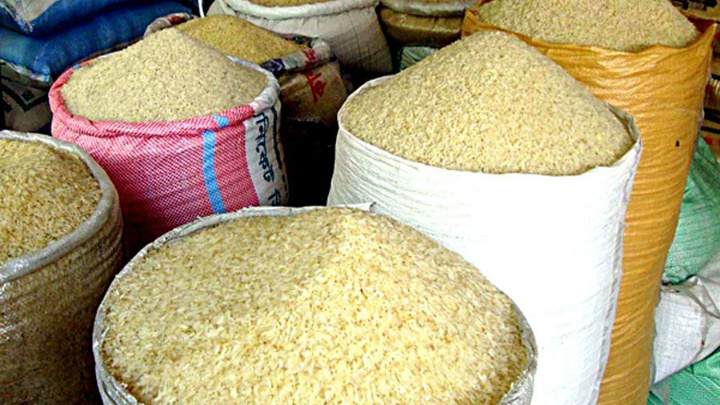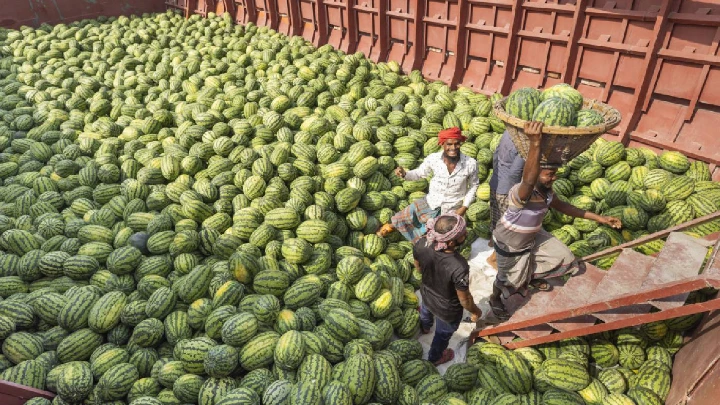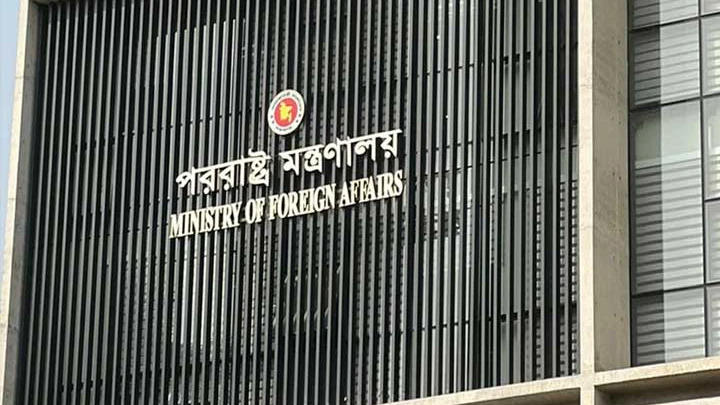Rice prices edge up in Bangladesh in last couple of days
Shining BD Desk || Shining BD
Rice prices have edged up in Bangladesh in the last couple of days despite the cut in customs tariffs on the import of the staple food to 25 per cent to increase supply and contain prices.
The spike will deal a major blow to the poor and lower-income groups who are already struggling to make ends meet amid rising food inflation, which rose to an eight-year high in May.
The prices of paddy (fine grain) went up by up to Tk 100, or 7 per cent, to Tk 1,400-Tk 1,450 per maund (37.5 kilogramme) a from a couple of days ago in some districts in the northwestern region, one of the major rice-growing regions in the country. Coarse paddy prices also increased.
Prices of all varieties of rice also shot up.
Millers say the price went up as traders found that importers would not be able to make a profit if they bring in the grain from abroad by paying the newly fixed import tariff.
Retailers in Dhaka sold fine rice at Tk 64-80 per kg yesterday, up 3.6 per cent a week ago. Consumers also had to buy the medium and coarse grains at higher prices than the previous week, according to market prices data compiled by the Trading Corporation of Bangladesh (TCB).
Abdul Bari, a local paddy trader in Bogura's Nandigram upazila, said paddy prices climbed by around Tk 100, or 7 per cent, per maund to around Tk 1,450 in his locality from a week ago.
Globally, food prices have been on the rise for the past few months and rice, a staple food in much of Asia, is expected to see a rise.
The Food and Agriculture Organisation Food Price Index already shows that international rice prices went up for the fifth straight month in May to reach a 12-month high.
Prices strengthened in all major market segments in May, the UN agency said.
"Prices are unlikely to decline unless the import duty is lifted," said Chitta Majumder, managing director of Majumder Group of Industries, which runs rice mills and imports the grain.
According to the businessman, the prices of paddy shot up since the government brought down the import duty as traders and millers in the supply chain found that the import cost would not be lower than the current prices in Bangladesh.
The prices of fine variety would be Tk 65 per kg if imported from West Bengal now, whereas the wholesale prices of the same quality rice are Tk 61-62 in Bangladesh.
The prices of the medium grain, known as Swarna, would also be higher if imported from the neighbouring country, said Majumder.
On Thursday, the government more than halved the import tariff in the face of a spiral in the prices of rice even during the peak harvesting season of Boro, the largest crop, driven by a speculation of crop losses, low yield for flood and unfavourable weather and hoarding by many traders.
As per a notification issued by the Internal Resources Division under the finance ministry, importers will be able to bring rice by paying a 25.75 per cent import duty, down from 62.5 per cent earlier.
The ban on wheat exports by India last month and the ongoing flood in Bangladesh have cemented worries about the availability of the cereal in the country. Importers will have to take permission from the food ministry to import every consignment.
Yesterday, the food ministry published the application form to enable businesses to apply for the import of the grain.
Nirod Boron Saha, president of the Paddy and Rice Stockists and Wholesalers' Association in Naogaon, said prices of paddy rose after the duty was cut.
"We had suggested the government remove the import duty to contain the rice prices. But the government did not do so."
Golam Kibria Bahar, a miller and importer in Bogura, said rice prices in India went up by Tk 2 to Tk 3 per kg after Indian exporters came to know about Bangladesh's move to more than halve import duty to encourage imports.
KM Layek Ali, general secretary of the Bangladesh Auto Major and Husking Mill Owners Association, said it would take time for the duty cut to have an impact on the local market as the importers are yet to start the process to import from India.
At present, prices are increasing due to lower imports and yield of the paddy owing to the unfavourable weather in the immediate Boro harvests.
"Millers are not getting the amount of rice from paddy they got in the previous years. Most of the paddy was not mature this year due to the bad weather," said Ali.
The Daily Star
Shining BD























